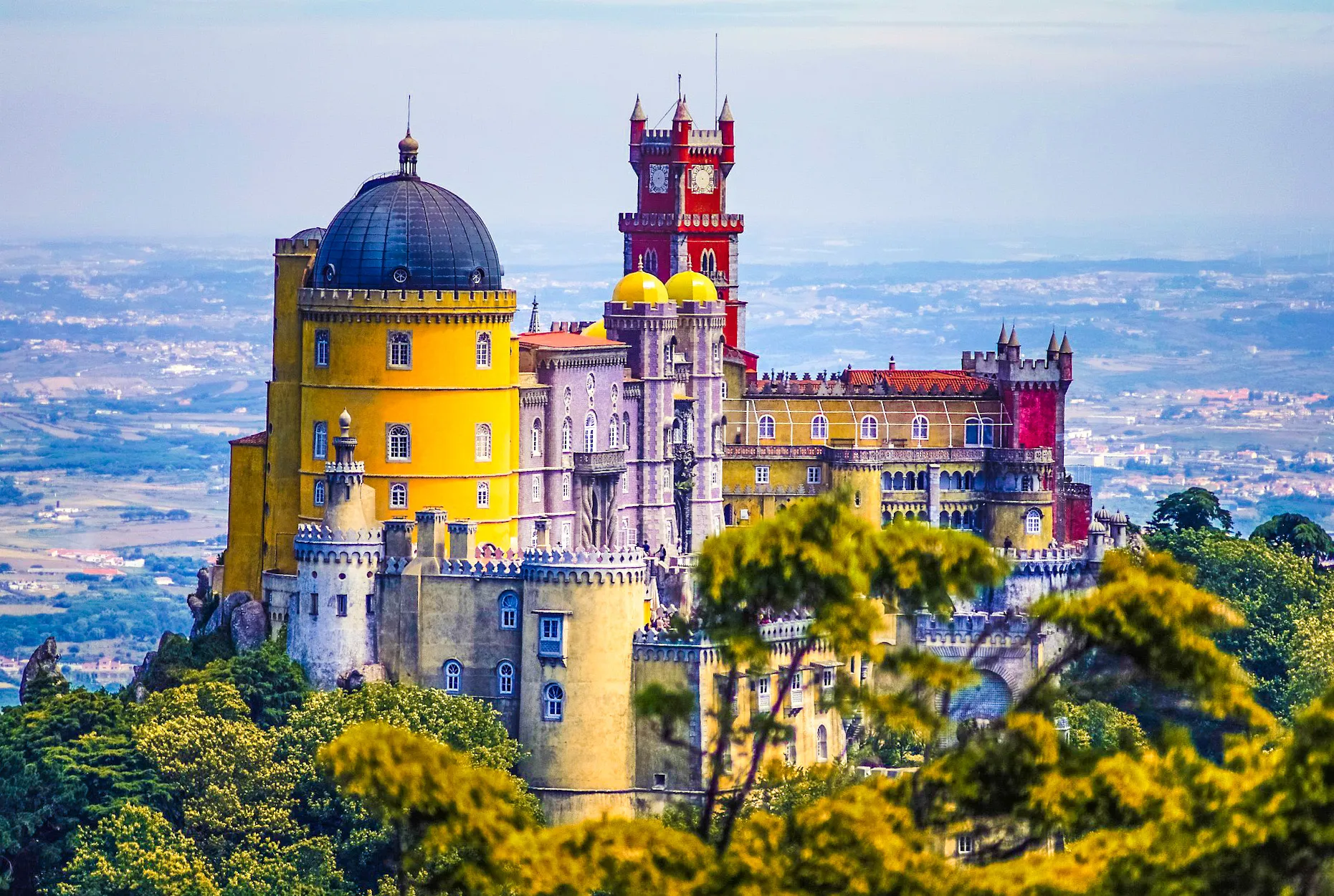So many people have experienced this during the last two years and a half of pandemic: the most evident vantage point of remote working is being able to choose freely your workplace. You can be on a beach, on a terrace in the historic centre of a big city, or even inside a mountain lodge: as long as you have an Internet connection and all the tools that you need to do your job properly, you are free to choose the location that suits you the most. Even the most fanciful or unlikely ones.
The pandemic have revealed how important, resourceful and productive remote working can be, because it allows the companies to keep working (and producing) even in a global emergency situation. And it has let the workers involved in it discover a new dimension of their working life, more respectful of the quality of their private sphere.
Then there is someone who dared to exaggerate the concept, grabbing the idea itself of remote working as an opportunity to change radically his/her life. How? For example, moving to a foreign country, settling down in a new environment, looking for new motivations, defying our natural fear of the unknown and – why not? – trying to enjoy life more than before.
Obviously, moving abroad is not that simple and immediate: there are so many things to be aware of. Bureaucracy first. But also habits and customs of our new country of residence. Some of those things can be discovered little by little once settled in; other ones have to be known before getting our one way ticket and leave. This is why we have selected five places where it’s worth living as of today: they’re listed below.
- Dubai and the UAE. This is probably the ultimate land of opportunities of this era. In order to get a job here, you must be extremely qualified, but even a remote working freelance can get incredible job opportunities. Just remember that getting a health insurance for Dubai is basically mandatory, and in order to avoid the most expensive solutions you should subscribe a contract with a company that provides this type of health coverage for expats.
- Costa Rica. Many people don’t know it, but this Centre-American country is one of the most developed of the world in terms of digital infrastructure. This is due to the fact that many years ago it has become the hub of the main computer parts manufacturers, which established right there many of their factories. So, how do you think it would feel like doing your remote job in the middle of the rainforest jungle?
- Phang Nga Province, Thailand. This Thai region is just north of the most famous Phuket: it faces the same sea and has basically the same stunning beaches, but it’s way less expensive. The urban infrastructure – especially streets – is still developing, so remote working is pretty widespread among the new economy workers.
- Canary Islands. After a couple of decades of decadence, this Spanish autonomous community is back on the crest of the wave, thanks to a forward-looking policy for what concerns the so-called “new jobs”, digital economy and, of course, smart and remote working. With the bonus of providing the residents with some of the most breath-taking sea shores of the planet.
- Portugal. One of the most rapidly developing countries of Europe through the last five years is a full-fledged hub for remote and smart workers. Again, like in Costa Rica, a state-of-the-art digital infrastructure matches with a quality of life that is very hard to find elsewhere.



